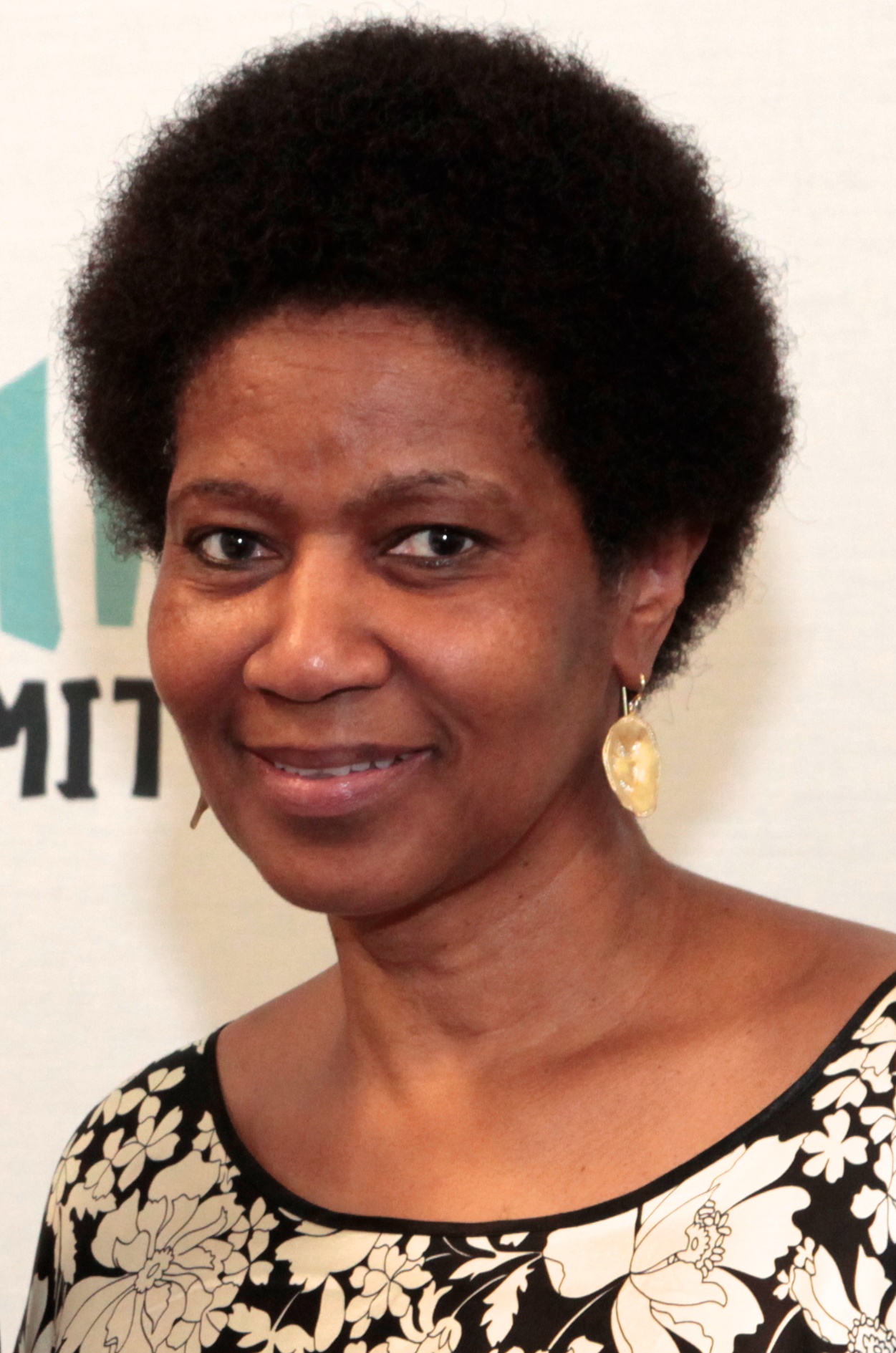Rape, domestic violence, sex trafficking – these are just some of the issues that we, as North Americans, are quick to point out as issues of human rights and gender equality in the developing world, while often times ignorant of the fact that some of these problems are all too common in our own backyard.
This past week, a story was released about a young New Yorker who is breaking the silence on a pervasive problem affecting thousands of young women around college campuses. Emma Sulkowicz is a senior visual arts student at Columbia University. On the first day of her sophomore year in August of 2012, a fellow student raped her in her dorm room. As part of her senior thesis, entitled “Mattress Performance’ or ‘Carry That Weight,”Emma Sulkowicz will drag her mattress everywhere she goes on campus until her alleged rapist is either expelled from her university or leaves voluntarily.
“The past year or so of my life has been really marked by telling people what happened in that most intimate private space and bringing it out into the light,” she says. “So I think the act of carrying something that is normally found in our bedroom out into the light is supposed to mirror the way I’ve talked to the media and talked to different news channels, etc.”
When Sulkowicz decided to pursue a claim against her attacker, two other female students came forward alleging they had been assaulted by the same man. To their disappointment, their attacker was found not responsible by the university and continues to remain a student at the college. Sulkowicz and the two other women blame a lack of documentation or discrepancies between their accounts of events and what was recorded by campus police and other school investigators, resulting in the accused to be allowed to carry on his studies at the university.
Outraged by her college’s disorganization and lack of care in handling her case, Sulkowicz was one of 23 students who filed a federal complaint against Columbia for mishandling sexual assault cases, in violation of the gender equity law Title IX.
Best known for its impact on high school and collegiate athletics, Title IX of the Education Amendments to the Civil Rights Act became effective in 1972. In 2001, the law was interpreted by the Department of Education to apply to sexual harassment and now schools are required to designate a coordinator for Title IX and to take “immediate and appropriate steps to investigate or otherwise determine what occurred and take prompt and effective steps reasonably calculated to end any harassment, eliminate a hostile environment if one has been created, and prevent harassment from occurring again.”
Despite sexual harrassment being included under Title IX, many argue that sexual assault remains a huge problem within many university campuses and that the steps taken towards prosecuting the perpetrator of a sexual crime are not taken seriously enough.
Among other allegations, the students also contend that campus counseling services pressure students not to report sexual assault or harassment, that disciplinary proceedingsare handled by people ill-trained for the job, and that accusers are given less leeway than are the accused.
Before we are too quick to assume this is a problem only our friends to the South face, according to a survey by the Canadian Federation of Students, “4 out of 5 female undergraduate students said they had been victims of violence in dating relationships.” Additionally, a study in 2012 reported that 67% of all Canadians say they personally know at least one woman who has been sexually or physically assaulted.
If the numbers aren’t enough to convince you, most Canadian students that could provide you with an example of some aspect of rape culture or violence against women witnessed on their campus. Just this time last year, Canadians across the country were confronted with rape chants heard at the University of British Columbiaand Saint Mary’s University, promoting the rape of underage girls. The outbreaks of sexual assulats at UBC and York University immediately caught the media’s attention, revealing a problem all too familiar to young women and girls around the world. As Amanda Dale, executive director of the Barbra Schlifer Commemorative Clinic, which serves women who have experienced violence in Toronto states, “there’s a culture of coerced sexuality that has been hard to break through for a very long time.”
For Emma Sulkowicz, her performance piece is a visual and shocking reminder of the baggage she is forced to carry around with her every day. Though slowly healing from the sexual assault that marked the beginnings of her university career, she is consistently reminded that not only does she share the hallways of the college with her perpetrator but she also continues to feel as though justice has not been served.
In the coming weeks, as the autumn season begins, young women across North America will purchase new books, pack their bags and walk the hallways of their campuses. As we continue to advocate for women’s rights around the world, we would be wise to remember the women in our own backyards waging the same battle.



